Top 10 Tips to Deal with An Acne Prone Skin
Acne prone skin: one of the most frustrating problems of teenage. But do you know teenagers are not the only ones affected by acne, it can happen to anyone at any age? Even kids can fall prey to acne breakouts. So, teenage is not only the accountable factor causing acne; genetics, fluctuating hormone levels, skin type, food habits and some lifestyle factors are equally to blame for breeding acne.

What is acne?
Acne can be best understood by splitting it into two categories: Inflammatory and Non-inflammatory.
- Inflammatory acne: Inflammatory acne is red and more robust in appearance. This type of acne can range from pustules and papules to cysts and nodules. This type of acne is more severe in nature.
- Noninflammatory acne: Noninflammatory acne is nothing but clogged pores that appear as whiteheads or blackheads. This type of acne is mild in nature and easy to spot.
Related Article: Simple Home treatments for all types of acne
How to deal with acne-prone skin?
The treatment of acne-prone skin starts with refining your skincare routine and using the right skin care products that help keep excess oil, dirt and bacteria at bay. Here are some steps of effective steps for acne-prone skin. We hope these acne prevention tips will help treat your acne-prone skin and boost your confidence in the process.
1. Keep your face clean
Keeping your face clean is highly recommended. You need to wash your face using a gentle cleanser twice a day, after getting up in the morning and before going to bed at night. Don’t overdo it else it can cause dryness and irritation. Also, don’t hesitate to wash your face anytime you get sweaty.
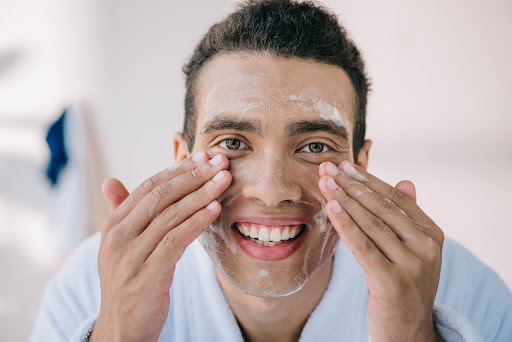
2. Moisturize
The best thing you can do for your skin. No matter whether your skin is dry, oily or acne-prone, moisturization is a must for everyone. It helps maintain the skin’s natural barrier and controls acne formation. While picking a moisturizer for acne-prone skin, make sure to buy one which labelled as oil-free and non-comedogenic.
3. Acne ointment
You can treat your cane by using an over-the-counter acne product with active ingredients like Salicylic acid, benzoyl peroxide, lactic acid or glycolic acid. These ingredients are made for oily and acne-prone skin, which help remove excess oil and prevent acne-causing bacteria.
4. Exfoliate gently:
Do you know regular exfoliation helps unclog pores and prevent noninflammatory acne like blackheads and whiteheads to form? People with acne-prone skin should use a chemical-free exfoliator once or twice a week to prevent new acne formation.
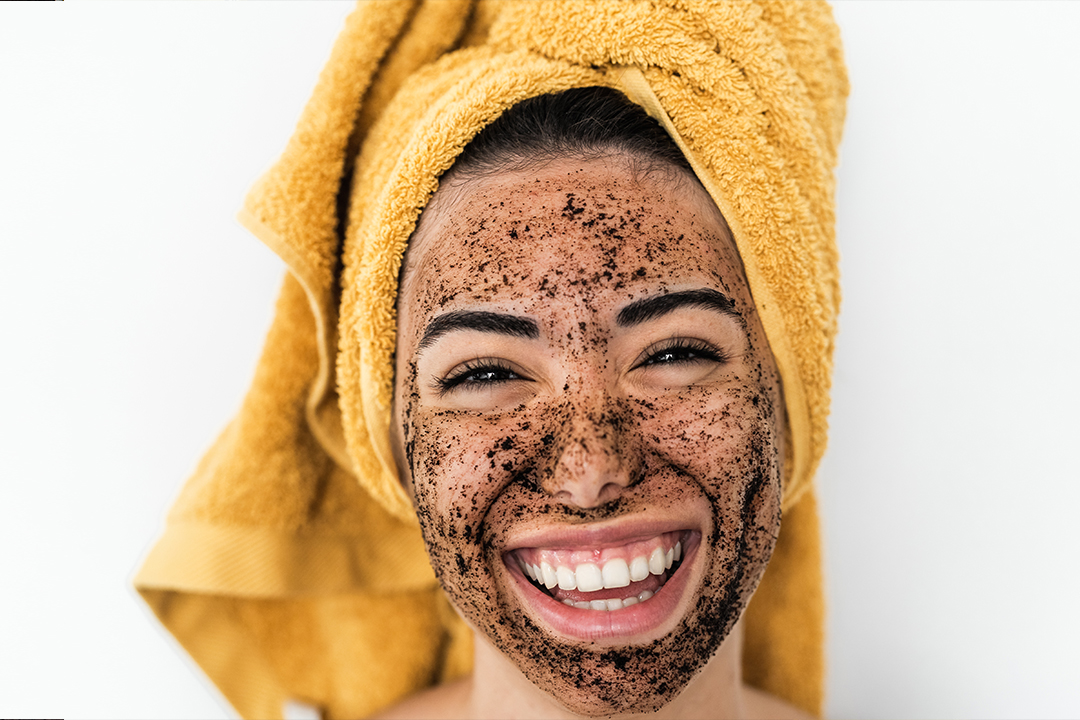
5. Use mineral-based makeup:
Makeup products can clog pores and aggravate your skin condition. So, we would advise you not to wear makeup whenever possible. And if necessary, choose light makeup or mineral-based makeup. Since mineral makeup is free from additional oil, it does not clog pores and controls acne formation.
6. Don’t pick and pop pimples:
We know how tempting it feels to touch, pick, and pop the spots when you have acne. But don’t do it. We repeat, DON’T. The habit of picking and popping not only worsens the acne but also extends the healing time while giving a breeding ground to acne-causing bacteria. Also, this skincare mistake can lead to scarring and infection.
7. Relax:
Do you know sometimes it is stress which causes you acne? Yes, studies have proven that stress, anxiety or depression can trigger acne severity. So, ponder over what is making you stressed, then look for help. You can go for yoga, or meditation, do what you like or look for any such solution that can help you forget all your tension and make you stress-free.
8. Exercise to sweat:
Regular exercise is good for your skin too. How? Exercise makes you get sweaty and sweat helps unblock pores. Make sure to wash your face before the sweat dries out.
9. Review your hair care products
Watch your hair care products. Yes, your hair care products do affect the way your acne prone skin reacts. From styling products to shampoos, conditioners, and hair oils all can trigger acne breakouts in areas like the neck and forehead. When your hair care products get on the skin, they can irritate your skin and clog pores. So, avoid using hair care products that contain oil, fragrances, or pomades. Got long hair? Keep it off your face as much as you can.
10. Get facial for acne-prone skin:
One of the key causes of getting blackheads, whiteheads, cysts, and other types of acne is not getting regular facial services at home. Facials help cleanse deep-seated dirt, bacteria, and dead skin cells, resulting in control over acne breakouts and revealing the brighter, healthier and glowing skin of your dreams.
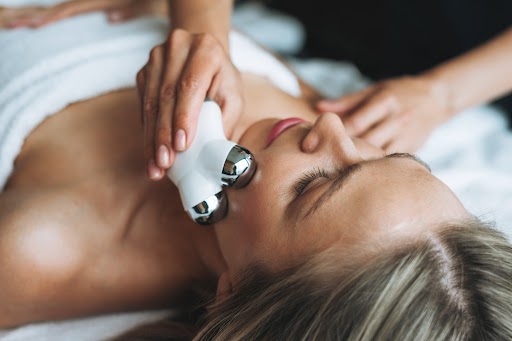
Book the best facial for acne-prone skin now from Yes Madam.
Also Read: Top 6 facials for acne prone skin and how should you get it?
Conclusion:
These are just a few of the skin care tips for acne-prone skin that help prevent acne formation and control breakouts. However, these are not quick fixes for acne treatment. So, if you are expecting any overnight results, these acne prevention tips are not for you. It will take around 2-3 months to notice a visible difference in your skin appearance from the regular commitment to an anti-acne routine.
If you still don’t see any improvement in your acne-prone skin, it is time to see a dermatologist.
FAQs
What is the difference between acne and pimple?
What is adult acne and how can I avoid it?
Do stress cause acne on my skin?


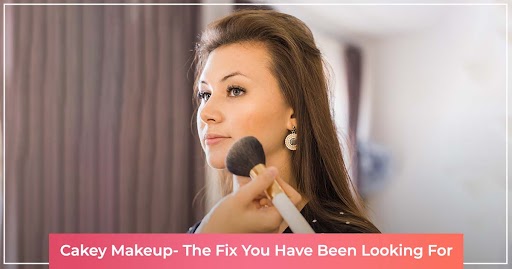
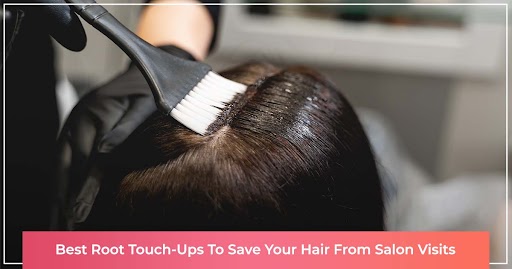
Recent Comments